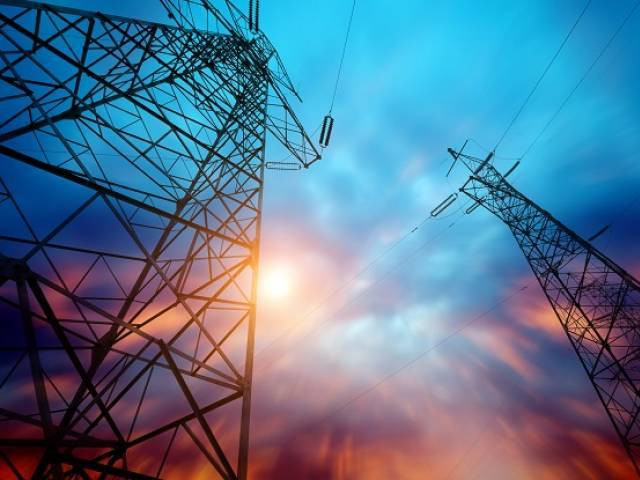Premier to visit Tajikistan for CASA-1000 project in May
It entails transmission of 1,000MW of electricity to Pakistan via Afghanistan

PHOTO: REUTERS
Prime Minister Nawaz Sharif will visit Tajikistan next month to attend the ground-breaking ceremony of the Central Asia-South Asia 1,000 (Casa-1,000) project that will help Pakistan get cheaper and clean energy to minimise electricity shortages.
“The ground-breaking of the project will take place on May 11 and the premier will attend it,” a senior government official said, adding Afghanistan’s president was also likely to attend the event.
Tajikistan looks to promote trade in Pakistan
The official said all agreements had been signed to implement the project and the process of laying the transmission line was under way.
He said the Casa-1,000 power import project would help Pakistan get cheaper and clean energy to minimise electricity shortages and build close economic relations with countries in the region, particularly Kyrgyzstan and Afghanistan.
He said the project was feasible despite the security situation in Afghanistan and it would help demonstrate Kabul’s viability as a transit country linking the two regions.
“Afghanistan has given a guarantee to ensure security of the transmission line that will transmit 1,000 megawatts from Tajikistan to help Pakistan minimise electricity shortages,” the official said.
Among other sectors of the economy, he said the energy sector of Tajikistan had been showing sustainable growth over the last 15 years. During this period, hydroelectric power generation has been stable. In addition to big plants, he said, there were also 20 medium and 40 small hydel power plants in the remote mountainous areas, with capacity ranging from 5 kilowatts to 1,500KW.
A Tajik Embassy official stressed that Tajikistan was the world’s third largest producer of hydroelectric power after the US and Russia. Hydroelectric generation accounts for 76% of the total energy output in the country.
In Pakistan, the rate for firm energy is 13.2 US cents per kilowatt hour (kWh) and the rate for non-firm energy is 9.2 cents per kWh, while the generation cost in Afghanistan is estimated to be at least 6 cents per kWh based on the information provided. The electricity cost of Casa project including all charges will be 9.35 cents per unit. Pakistan was importing electricity for Gwadar at a rate of 10 cents per unit.
The project will not only alleviate electricity shortages in Pakistan but will also replace oil-based electricity generation for Afghanistan and Pakistan.
Tajikistan allows workforce hiring from Pakistan
Afghanistan, the Kyrgyz Republic, Pakistan and Tajikistan have been pursuing the development of electricity trading arrangements and the establishment of the Central Asia-South Asia Regional Electricity Market.
The initial plan was to transmit power in the range of 1,000 to 1,300MW from the Kyrgyz Republic and Tajikistan to Pakistan and Afghanistan. The major share of the exported energy will be consumed by Pakistan and approximately 300MW will be absorbed by Afghanistan.
The project envisages transportation of surplus electric power available in summer (May 1 to September 30) from the Kyrgyz Republic and Tajikistan to Afghanistan and Pakistan.
The estimated cost of the project is $1.17 billion, but the final cost would be determined through a competitive bidding process. This includes the estimated cost of $232 million required for the Pakistan portion of the transmission line and convertor station.
CASA-1000: Tajikistan to export 1,000MW hydel electricity
In addition to Casa-1,000, plans for supply of an additional 1,000MW are being studied for which transmission lines will be laid from Tajikistan to Chitral in northern areas.
Tajikistan is about to embark on a historic construction of the Rogun Dam - a structure that will power the world’s tallest hydroelectric plant providing cheap, secure and sustainable energy to Tajikistan and its neighbours. This project will help to materialise the second transmission line project.
Published in The Express Tribune, April 12th, 2016.
Like Business on Facebook, follow @TribuneBiz on Twitter to stay informed and join in the conversation.



















COMMENTS
Comments are moderated and generally will be posted if they are on-topic and not abusive.
For more information, please see our Comments FAQ